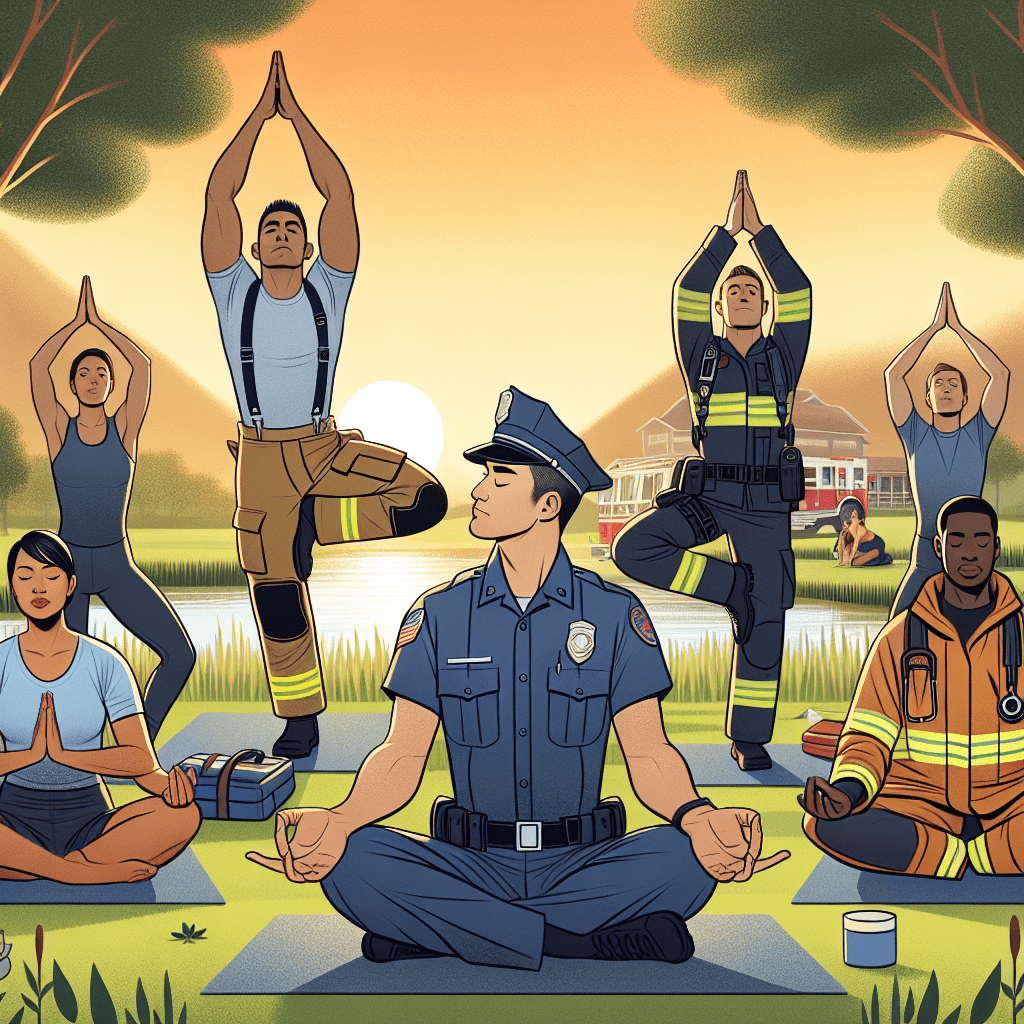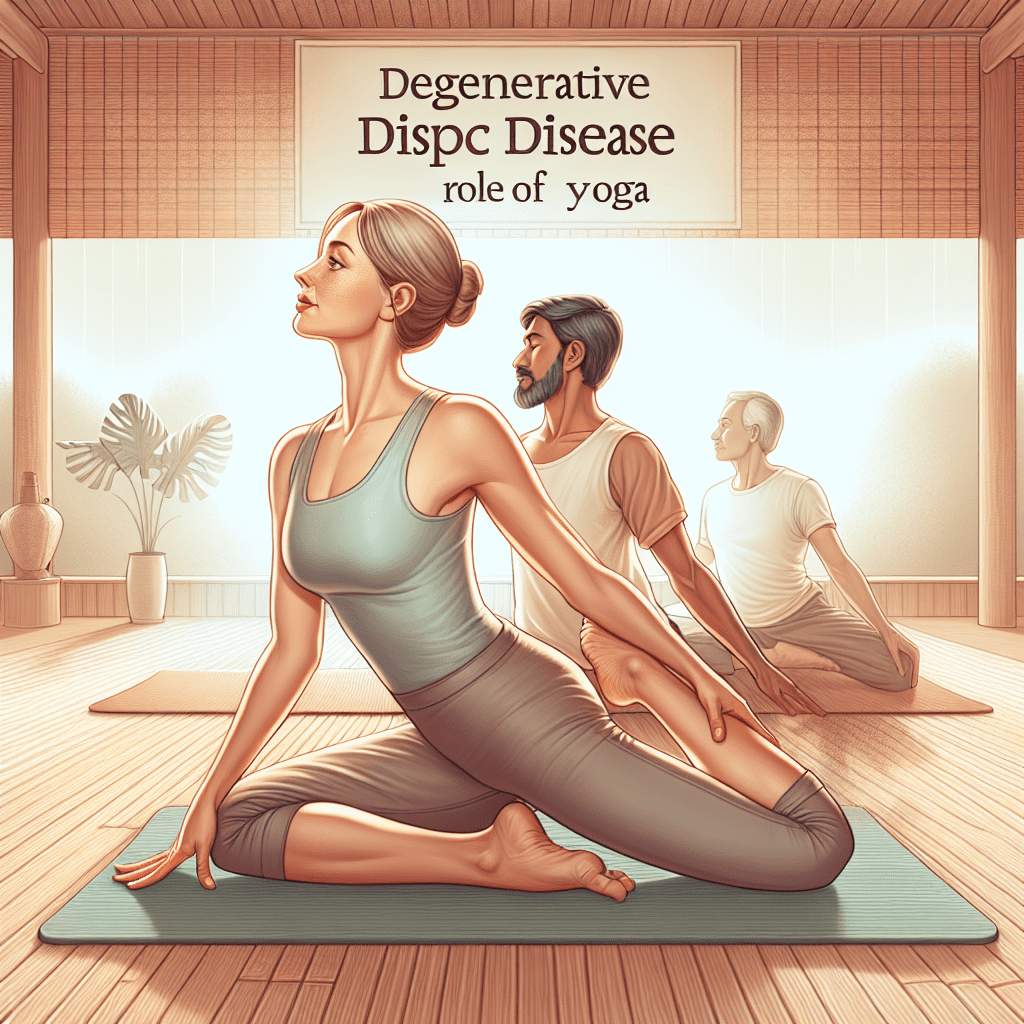===INTRO:===
In the high-stakes world of first responders, the emotional and physical demands are immense. The need for enhancing resilience is critical as these brave individuals face traumatic events daily, which can lead to burnout, PTSD, and a host of other challenges. Yoga practices for first responders offer a unique, powerful method to cultivate mental strength and physical well-being, transforming the way these professionals cope with their demanding jobs. As the intensity of their roles often leads to high stress and anxiety, integrating yoga into their routines can provide essential tools for managing these challenges effectively.
Understanding the Importance of Resilience in First Responders
Resilience is not merely the ability to bounce back; it encompasses adaptability, emotional intelligence, and mental toughness. For first responders, the capacity to navigate trauma and stress is paramount. They operate in environments filled with unpredictability and life-or-death situations, which can lead to significant psychological strain. When resilience is lacking, the consequences can be devastating, not only affecting the individual but also the safety and effectiveness of entire teams.
The emotional toll of continuous exposure to crises can lead to severe mental health issues, including depression and anxiety. First responders often report feeling isolated, overwhelmed, and undervalued. This emotional burden can manifest in physical ways, such as chronic fatigue or health issues related to stress. By prioritizing resilience through specialized practices like yoga, first responders can enhance their coping mechanisms, leading to improved job performance and personal well-being.
Moreover, cultivating resilience fosters a sense of community and support among first responders. Engaging in shared practices such as yoga can create a bond that enhances teamwork and collaboration, proving beneficial both on and off the field. As they learn to manage stress collectively, they develop a culture of resilience that is critical for long-term health and operational success in high-pressure environments.
Effective Yoga Techniques to Build Mental and Physical Strength
To successfully integrate yoga practices into their routines, first responders can adopt several effective techniques tailored to meet their unique needs. One powerful method is the practice of mindfulness-based yoga, which emphasizes breath control and body awareness. This technique helps individuals stay present, allowing them to process emotions without being overwhelmed. Incorporating mindfulness into their daily regimen can significantly reduce anxiety levels, promoting a calm mental state even in chaotic environments.
Strength-building yoga poses such as Warrior I, II, and III not only enhance physical endurance but also instill a sense of empowerment. These postures require focus and stability, encouraging first responders to cultivate inner strength while enhancing their physical fitness. The physical benefits of yoga—such as improved flexibility, balance, and muscle tone—are essential for first responders who rely on their bodies to perform effectively under pressure. Moreover, engaging in these poses fosters a sense of accomplishment, boosting overall morale.
Additionally, restorative yoga practices, which focus on relaxation and recovery, play a pivotal role in the regeneration of both mind and body. Techniques such as gentle stretching and supported poses promote deep relaxation, allowing first responders to release pent-up tension and stress. Integrating restorative sessions into their routine can significantly improve sleep quality, enhance mood, and promote a balanced emotional state. As these individuals learn to connect with their bodies and minds, they develop a toolkit for managing stress that can be utilized both on and off the field.
===OUTRO:===
Incorporating yoga into the lives of first responders is not just a wellness initiative; it is a game-changing approach to enhancing resilience. By understanding the importance of mental and physical strength, and implementing effective yoga techniques, these brave individuals can cultivate a sense of empowerment that transforms their professional and personal lives. Discovering the benefits of yoga will not only help them cope with the challenges of their careers but also foster a supportive community that thrives on shared experiences. As first responders continue to protect and serve, embracing practices like yoga can ultimately lead to a healthier, more resilient future. Explore these techniques today and witness the profound impact they can have on your well-being and effectiveness in your vital role.
Managing Degenerative Disc Disease: The Role of YogaSubmitting Your Web Wrapped Curio: A Step-by-Step GuideStrategic Hiding Spots in Life is Strange Pool SceneRelevant LinkRelevant LinkRelevant LinkExploring the Impact of 40,000 Daily Steps on Weight LossEffective Yoga Poses for Optimal Weight Loss and WellnessComprehensive Reviews of Happy Mammoth Weight Loss ProgramRelevant LinkRelevant LinkRelevant Link




